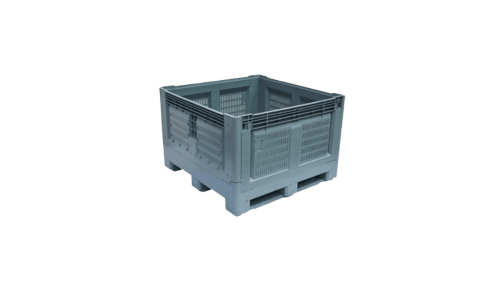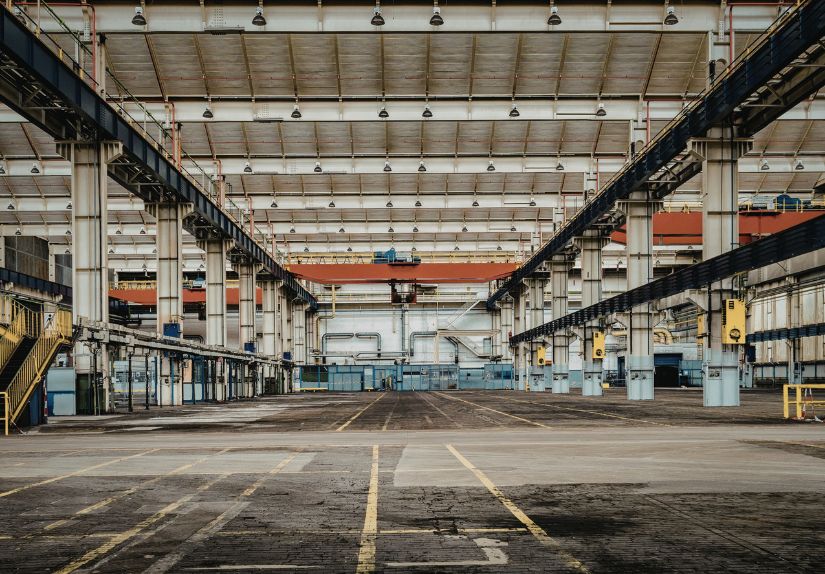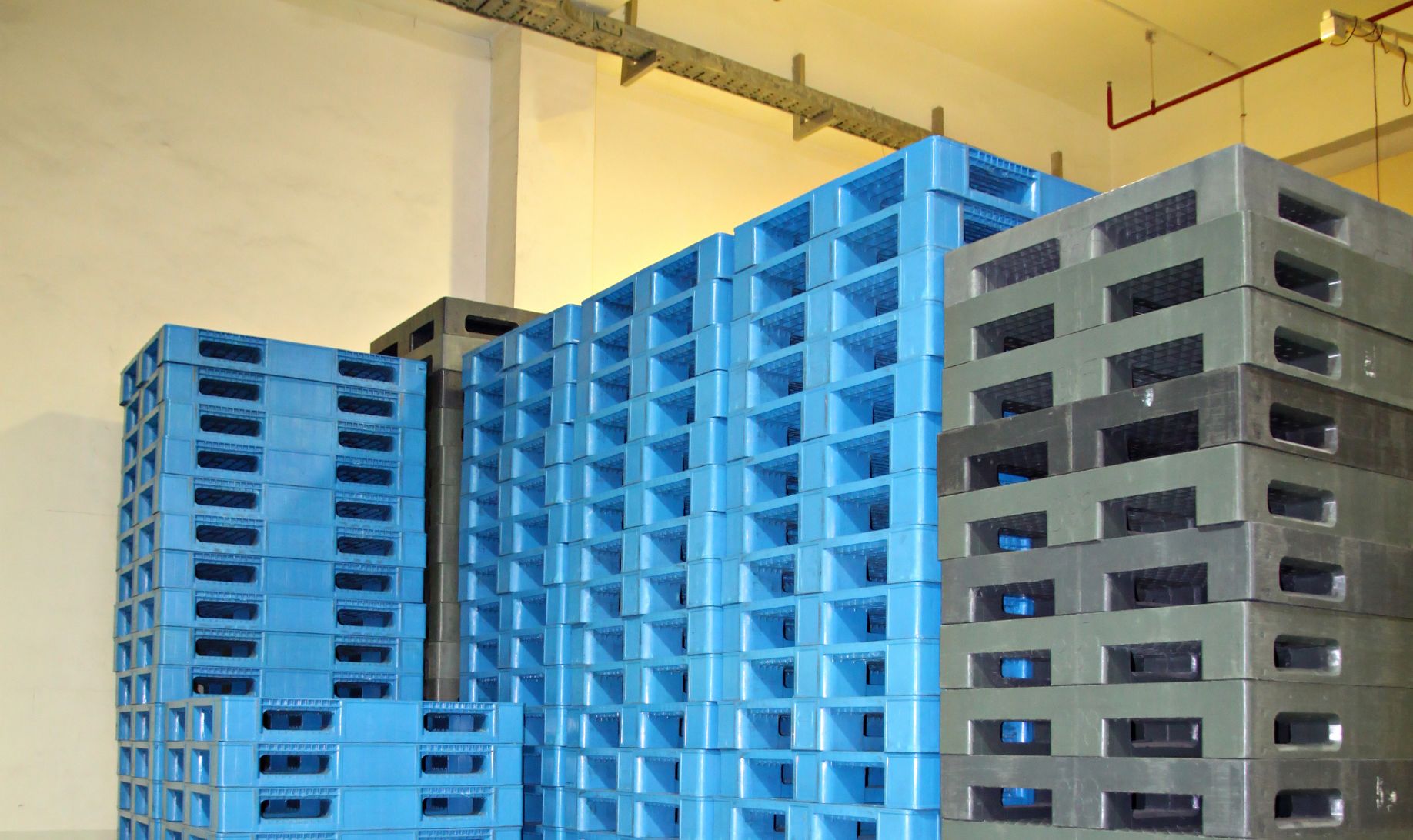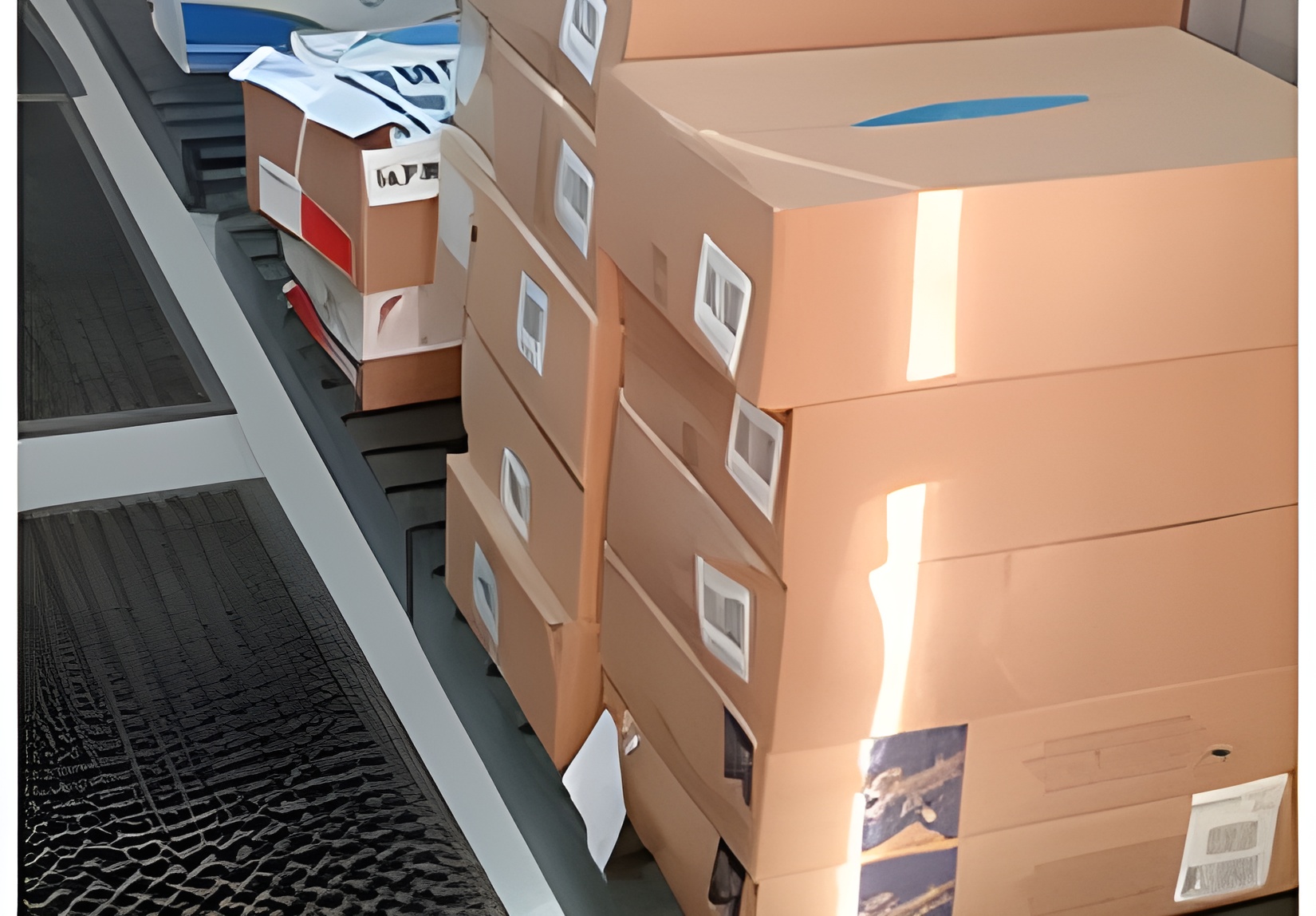The food and beverage supply chain relies upon shipping methods that meet stringent hygiene and world export standards to prevent contamination or transport delays. Food pallets made from plastic are a more popular solution.
One, they adapt to a variety of hygiene requirements.
And two, they’re stronger and more durable.
For the food and beverage supply chain, plastic pallets tick all the boxes.
Food And Beverage Supply Chain Benefits From Plastic Pallets
Pallets are a huge part of any supply chain. They are used widely across many industries to ship goods not only across countries but internationally. Shipping pallets are essential to move large amounts of stock between hubs effectively. They’re also an important part of warehouse storage systems, allowing goods to remain on pallets between being used or shipped.
However, in the food and beverage supply chain, it’s plastic food pallets that really make a difference in the success of the supply chain. For closed-loop systems, plastic pallets represent value for money. They can be used hundreds of times without breaking. Unlike, the wooden versions which have a much shorter lifespan and as such are less likely to be put back into the same production system.
They are far more hygienic than wooden pallets, with no risk of pest contamination, and easy cleaning. The difference in hygiene standards is so marked that there are some companies that no longer allow wooden pallets into their facilities, moving them onto plastic upon arrival. With plastic pallets, colour coding can also be used to maintain hygiene requirements. Products with different health and safety requirements can be stored on different colour pallets. It is done to make it easy for workers to identify potential risks.
Plastic pallets are also produced to specification and are therefore far more compatible with modern automated operations systems that rely on consistent shape, size and weight to function correctly.
Below are 3 of the top benefits of using plastic pallets in a food and beverage supply chain.
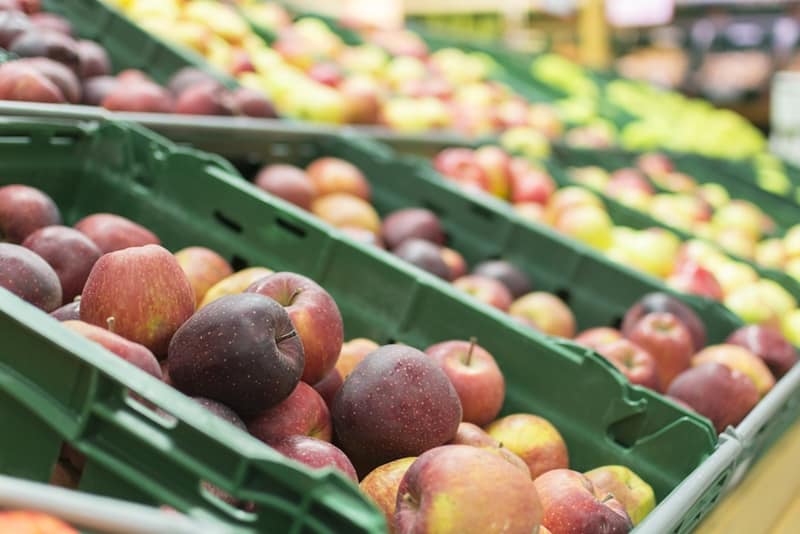

1. Plastic Pallets Offer Much Better Hygiene
Contamination
Health and safety is paramount in the food and beverage industry. Health risks are not only a danger to stock quality but to human health and company reputation. One of the biggest problems with wooden pallets in this industry is the chance of pest infestation. This risk is so great that a large number of countries around the world subscribe to a set of standards known as ISPM 15. It dictates that wooden pallets must be appropriately fumigated and certified as such before being allowed to enter through customs.
Bacteria in shipments can transfer to pallets
Salmonella and listeria are just two examples of bacteria found following food transportation. Plastic pallets are easily cleaned and can be steamed or chemically washed and left to dry without the risk of mould or mildew. In wood, these problems can linger and are more difficult to avoid.
2. Adaptable to different supply chains
Paramount for food and beverage industry health and safety is the ability to ship goods at the appropriate temperature, especially the cold storage of certain products such as dairy. Plastic pallets can handle extreme temperatures below freezing, and comfortably fluctuate between hot and cold.
Whereas wooden pallets have a tendency to break or warp in extreme temperatures, plastic pallets provide flexibility to the supply chain. The same pallet can be used multiple times – perhaps with a wide range of products stocked by the same company. And it is used to survive differing temperature standards without affecting its durability or lifespan.
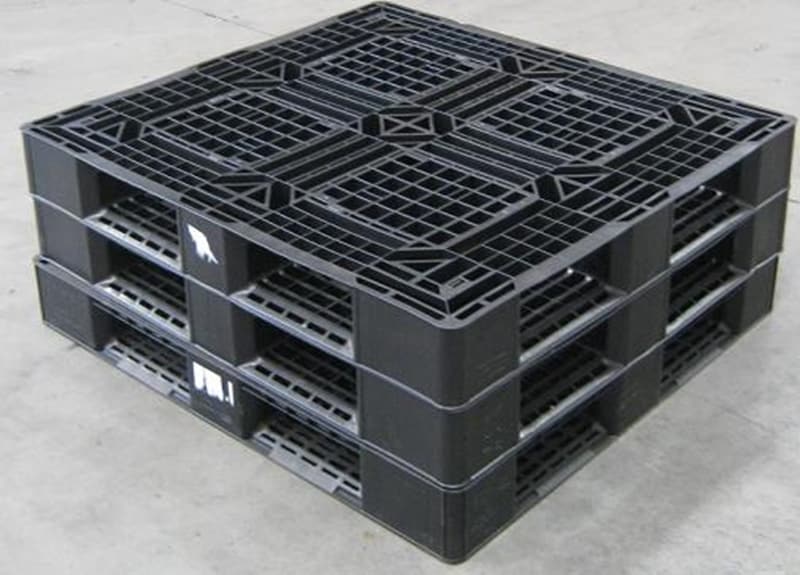

3. Lightweight, Strong and Long-lasting
Plastic pallets are approximately 20-30 kilograms lighter than other options. It allows supply chain managers to reduce shipping costs associated with overall weight. Because plastic pallets are so strong, they can be loaded to a higher maximum capacity, getting better value for money per pallet shipment. Their resistance to breakages also means they provide less risk of injury to manual handling workers.
Beyond their strength, plastic pallets last a decade or more if properly cared for – approximately ten times longer than wooden ones. They represent excellent value for money in terms of long-term investment.
To learn more about the types of plastic pallets that could benefit your food and beverage supply chain, talk to our experienced team today.
Next Article: Everything You Need To Know About Cleaning Plastic Pallets


